Introduction
Navigating the world of dieting can sometimes feel like walking through a minefield. You might think you’re making the healthiest choices, only to find out that some of those choices are loaded with hidden sugars. This is especially true when it comes to fruits. While fruits are often considered a healthy snack, if you’re on a low carb diet, you need to be cautious about which ones to choose. So, let’s dive into the fruits you should be ignoring in order to keep your carb intake in check.
Understanding Low Carb Diets
What is a low carb diet?
A low carb diet typically restricts carbohydrates, primarily found in sugary foods, pasta, and bread, and focuses on consuming proteins and healthy fats. The idea is to shift your body from using glucose as its primary energy source to using fat, a state known as ketosis.
Benefits of low carb diets
Many people find success with low carb diets for weight loss, improved blood sugar control, and increased energy levels. For those dealing with diabetes, reducing carbs is often a critical part of managing their condition.
Common misconceptions
One prevailing myth is that all fruits are healthy, no matter the diet. While fruits are packed with vitamins, minerals, and fiber, their natural sugars can add up quickly, making it essential to choose wisely on a low carb diet.
Fruits and Carbohydrates
The carbohydrate content in fruits
Fruits vary widely in their carbohydrate content. For instance, while blueberries have fewer carbs than bananas, you might be surprised to learn that some seemingly low-sugar fruits can still pack a surprising carb punch.
Glycemic index explained
The glycemic index (GI) measures how quickly foods raise blood sugar levels. Foods with a high GI can cause rapid spikes in blood sugar, leading to increased insulin production and hunger. This is particularly important for low carb dieters to consider.
Fruits to Avoid on a Low Carb Diet
High-Sugar Fruits: The Usual Suspects
Some fruits should be avoided due to their high sugar content:
Bananas
Bananas are often touted as healthy, but a medium-sized banana contains about 27 grams of carbs. If you’re trying to keep your carb intake low, it’s a fruit to skip.
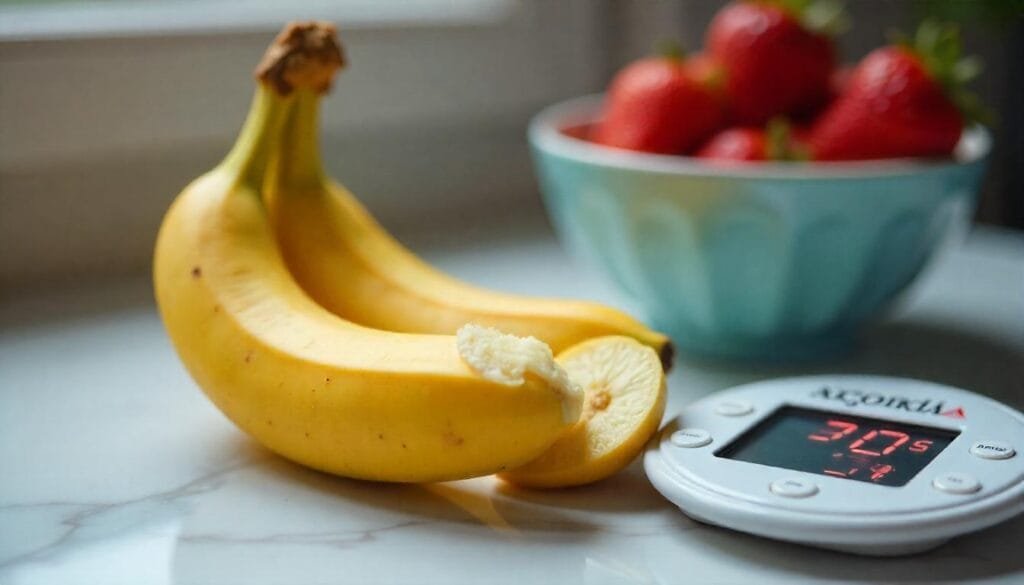
Grapes
Grapes are not only delicious but also sugar-dense. A cup of grapes can have around 27 grams of carbohydrates, which can quickly eat into your daily carb limit.

Mangoes
Mangoes are juicy and flavorful, but one medium mango contains approximately 50 grams of carbs. That’s a hefty amount for anyone on a low carb diet!

Cherries
Cherries are often overlooked, but they can pack a significant carb punch. One cup of cherries contains about 25 grams of carbs, making them a fruit to avoid.

Fruits with Hidden Sugars
Certain fruits might seem healthy but are often consumed in forms that are high in sugar.
Dried fruits
Dried fruits like apricots and raisins are often packed with sugar. A small serving can have as much as 30 grams of carbs. The drying process removes water but concentrates the sugars!
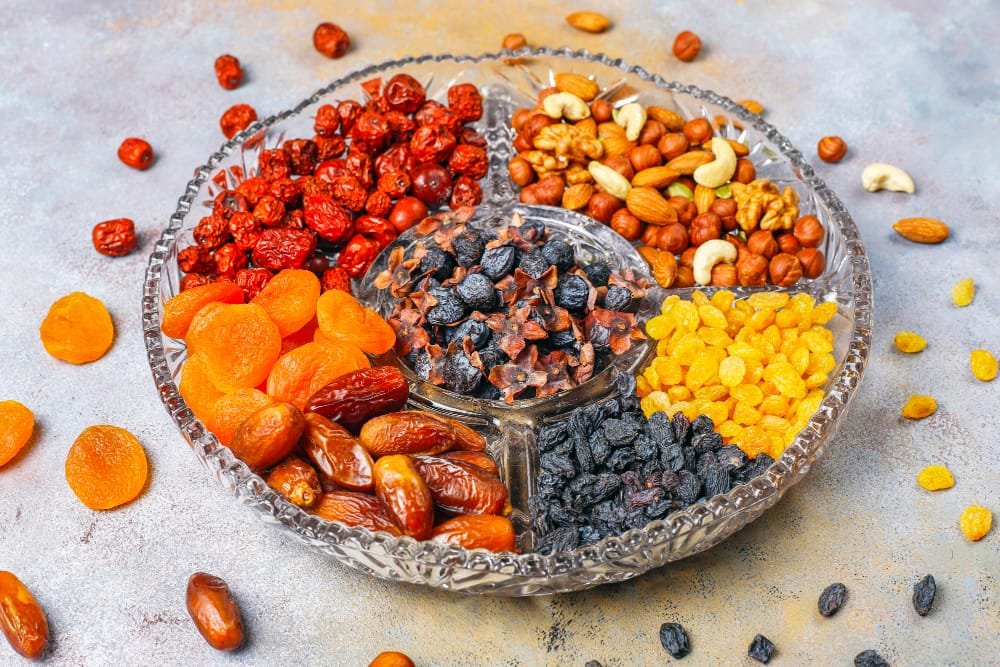
Fruit juices
Even though fruit juices might seem like a wholesome choice, they can contain up to 30 grams of sugar per cup without the fiber that whole fruits provide. You’re better off eating the whole fruit.

Fruits to Consume in Moderation
While there are fruits to avoid, some can be enjoyed in moderation on a low carb diet.
Medium-carb fruits
Apples
A medium apple contains about 25 grams of carbs. Eating it with a source of protein or fat can help mitigate blood sugar spikes.
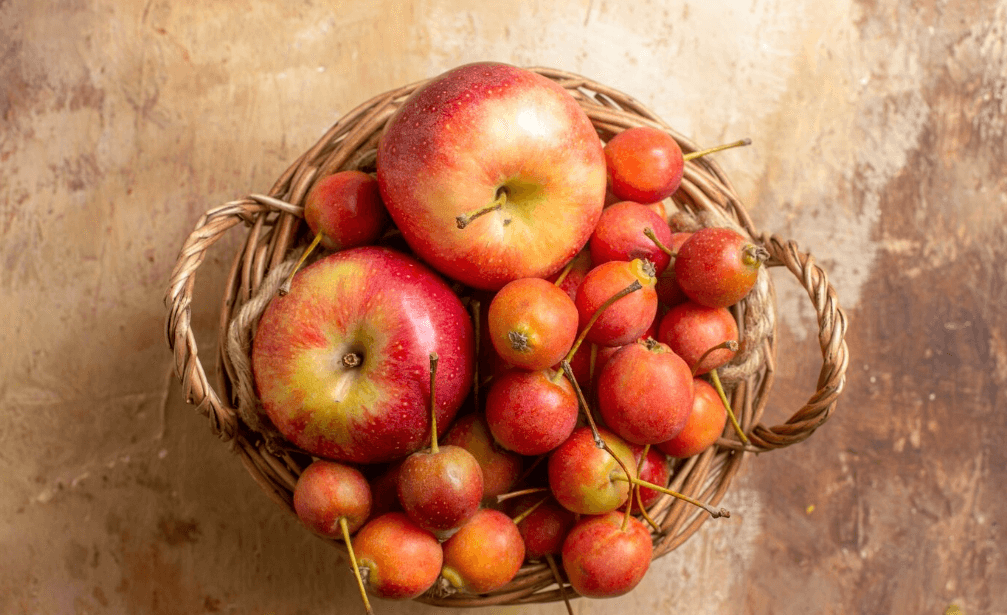
Pears
Pears are delicious but also contain around 28 grams of carbs. Enjoy one occasionally, but keep an eye on portion sizes.
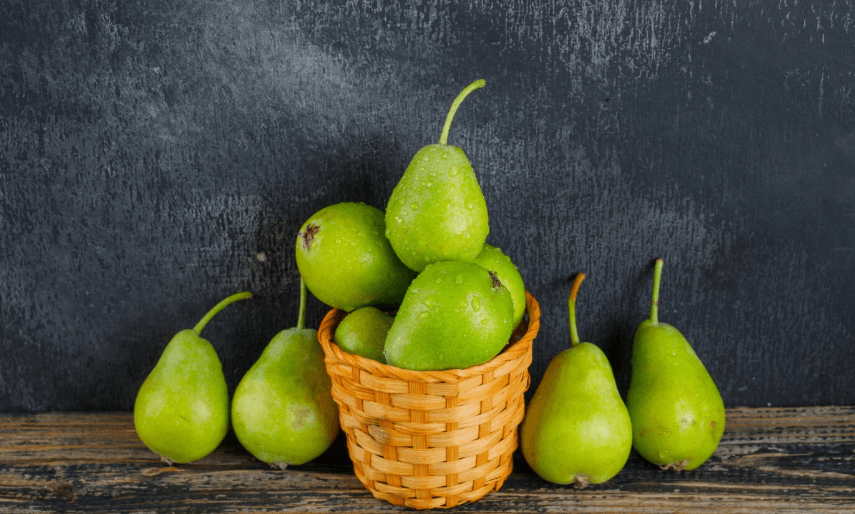
Oranges
An orange has about 15 grams of carbs. They can be a refreshing treat, but it’s best to limit your intake if you’re watching carbs.

Low-Carb Fruit Alternatives
If you’re on a low carb diet, there are still fruits you can enjoy without breaking the bank.
Berries
Berries are your best friends when it comes to low carb fruits. Here are some popular choices:
Strawberries
One cup of strawberries contains about 11 grams of carbs. Their sweetness makes them a perfect low-carb addition to desserts and salads.
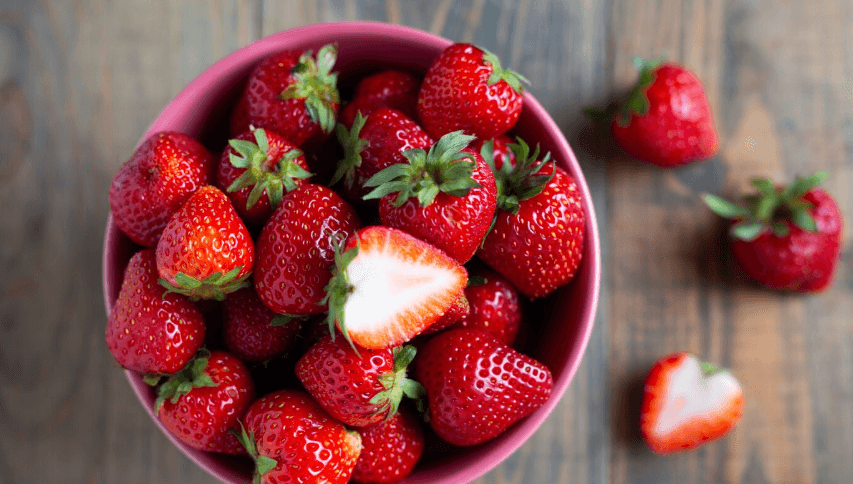
Raspberries
With only about 7 grams of carbs per cup, raspberries are another excellent choice. They are high in fiber, which helps keep you full.
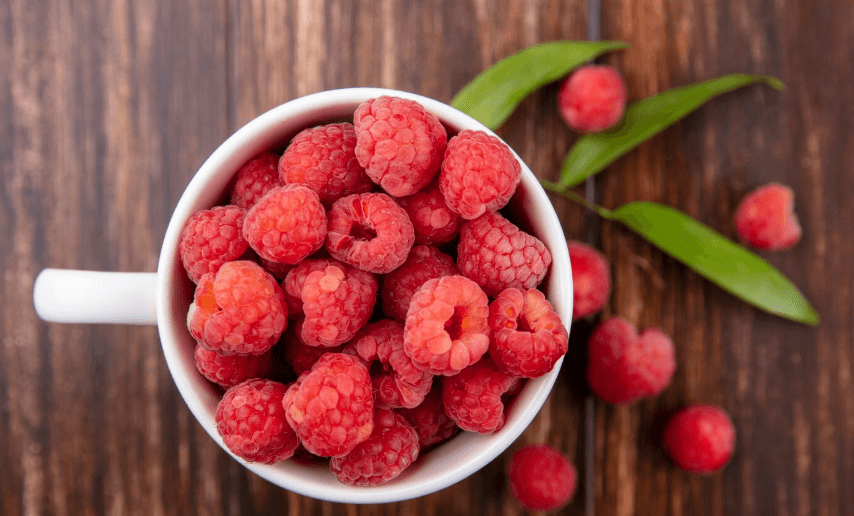
Blackberries
Blackberries boast around 14 grams of carbs per cup, making them a great option. Their rich flavor can satisfy your sweet tooth without the carbs.
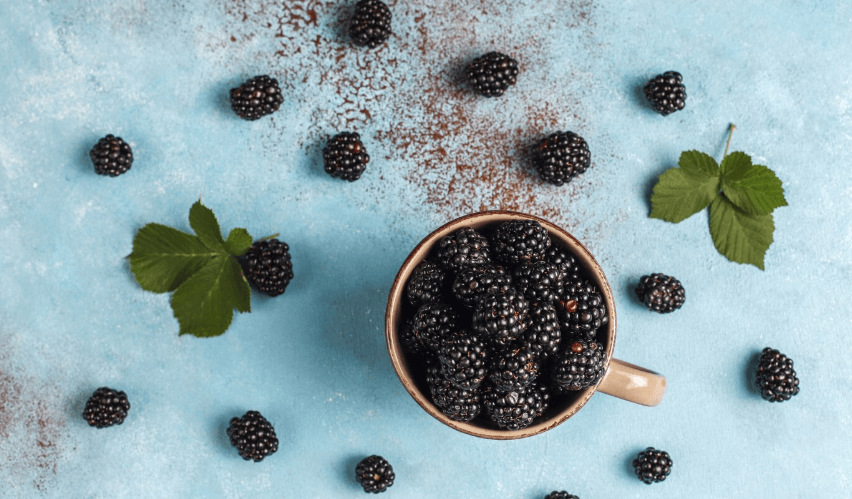
Avocado
Surprisingly, avocado is a fruit! It’s low in carbs with only about 2 grams per half, and it’s packed with healthy fats, making it a perfect addition to your diet.
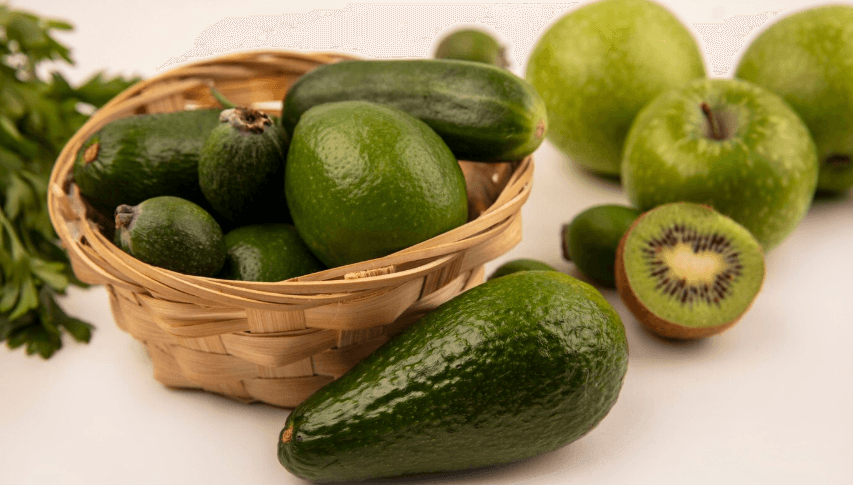
Tips for Including Fruits in a Low Carb Diet
Portion control
Understanding portion sizes is crucial. Even lower-carb fruits can add up if you eat them in large amounts. Use measuring cups or a food scale to keep tabs.
Combining fruits with healthy fats
Pairing fruits with nuts, seeds, or cheese can help slow the absorption of sugars, leading to a more balanced blood sugar response.
Conclusion
Navigating fruit choices on a low carb diet can be a bit tricky, but with the right knowledge, you can enjoy your favorite flavors without derailing your goals. Prioritize low-carb fruits like berries, be cautious with higher-sugar fruits, and remember to enjoy everything in moderation.Fruits can be a delightful part of any diet, so make informed choices and savor the journey to a healthier you!
FAQs
Can I eat fruits on a low carb diet?
Yes, but choose lower-carb options and consume them in moderation.
What fruits are low in carbs?
Berries, avocados, and some melons are great low-carb choices.
Are berries healthy for low carb diets?
Absolutely! Berries are rich in antioxidants and typically lower in carbs.
How do I know the carb content of fruit?
You can check nutritional labels, use apps, or refer to trusted online resources.
What should I do if I crave sugar?
Try satisfying your cravings with low-carb fruits or consider alternative sweeteners. This article was crafted to provide you with comprehensive insights on fruits for a low carb diet. The goal is to empower you with the knowledge to make informed dietary choices. Remember, every diet is personal, so find what works best for you!
Disclaimer: This article is for informational purposes only and should not be considered medical advice. Please consult a healthcare professional before making significant changes to your diet.
